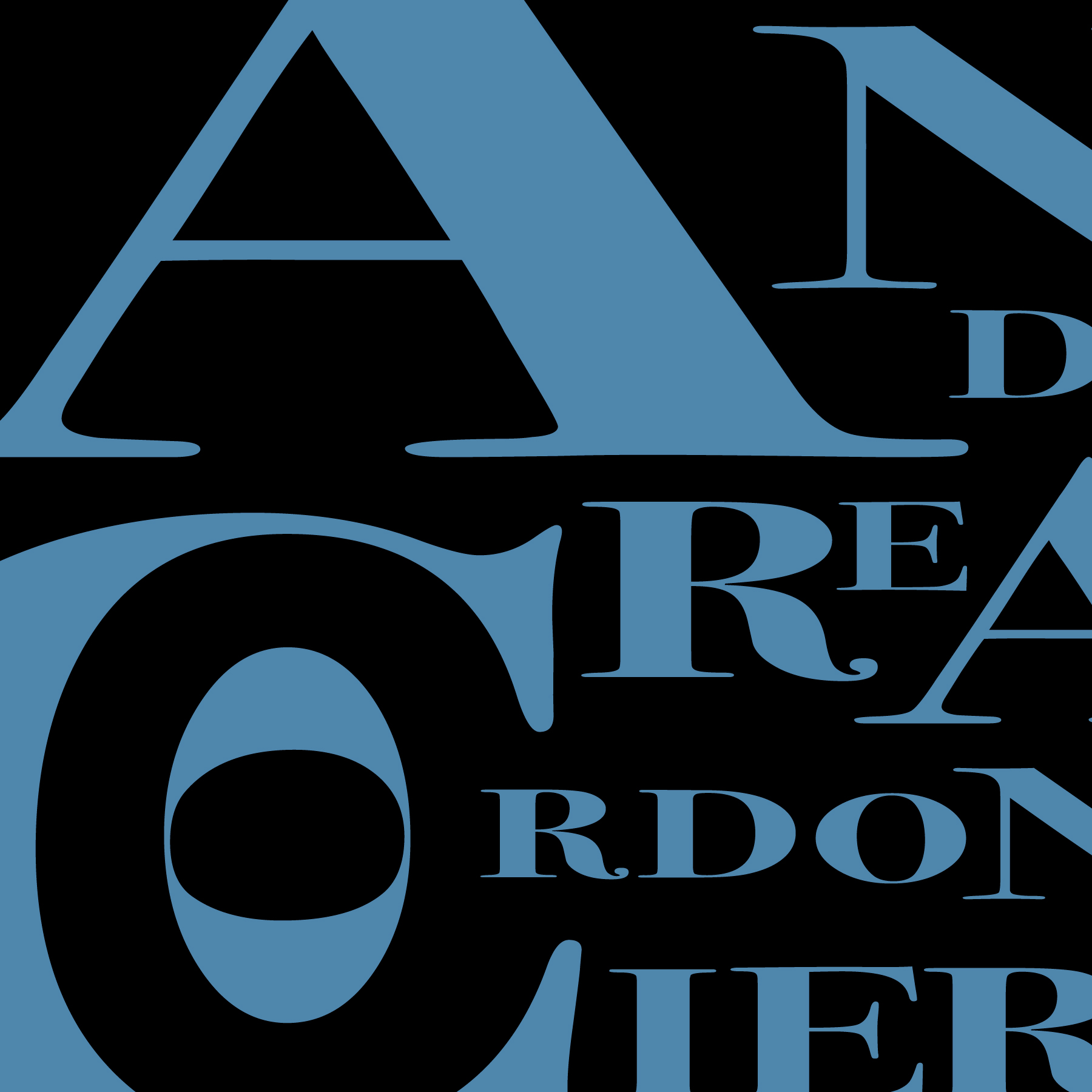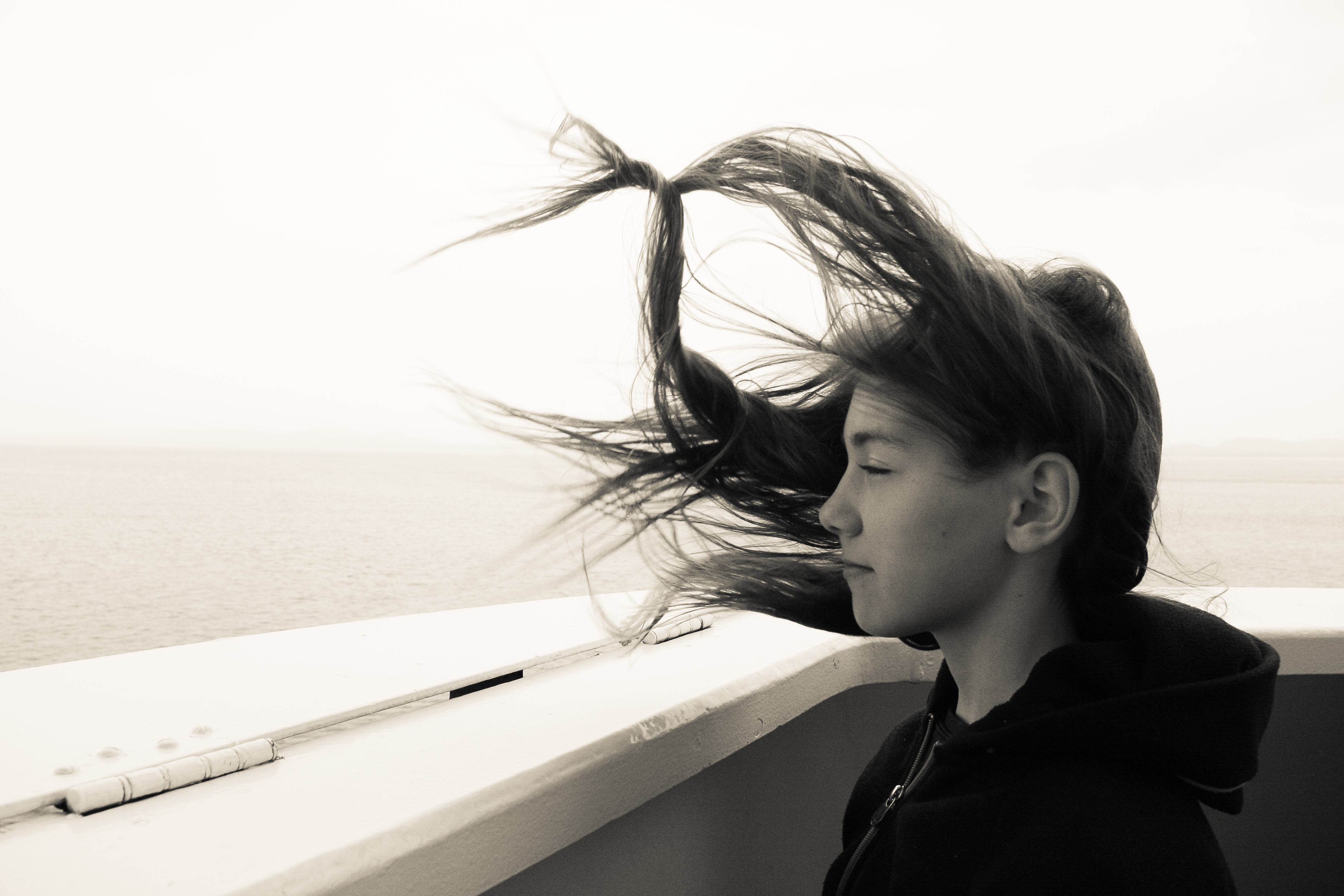What is an Aeolian Harp?
An Aeolian harp (also wind harp) is a musical instrument that is played by the wind. Named for Aeolus, the ancient Greek god of the wind, the traditional Aeolian harp is essentially a wooden box including a sounding board, with strings stretched lengthwise across two bridges. It is often placed in a slightly opened window where the wind can blow across the strings to produce sounds. The strings can be made of different materials (or thicknesses) and all be tuned to the same pitch, or identical strings can be tuned to different pitches. Besides being the only strung instrument played solely by the wind, the Aeolian harp is the only stringed instrument that plays solely harmonic frequencies.
The Aeolian harp – already known in the ancient world – was first described by Athanasius Kircher (1602–1680) in his book Phonurgia nova (1673). It became popular as a household instrument during the Romantic era, and Aeolian harps are still hand-crafted today. Some are now made in the form of monumental metal sound sculptures located on the roof of a building or a windy hilltop.
The quality of sound depends on many factors, including the lengths, gauges, and types of strings, the character of the wind, and the material of the resonating body. Metal-framed instruments with no sound board produce a music very different from that produced by wind harps with wooden sound boxes and sound boards. There is no percussive aspect to the sound like that produced by a wind chime; rather crescendos and decrescendos of harmonic frequencies are played in rhythm to the winds. Their vibrant timbres produce an ethereal, almost mystical, music that many people find alludes to higher realms. (https://en.wikipedia.org/wiki/Aeolian_harp)
From Ode to the West Wind
-by Percy Bysshe Shelley, in 1819
*from canto five
Make me thy lyre, even as the forest is:
What if my leaves are falling like its own!
The tumult of thy mighty harmonies
Will take from both a deep, autumnal tone,
Sweet though in sadness. Be thou, Spirit fierce,
My spirit! Be thou me, impetuous one!
Drive my dead thoughts over the universe
Like withered leaves to quicken a new birth!
And, by the incantation of this verse,
Scatter, as from an unextinguished hearth
Ashes and sparks, my words among mankind!
Be through my lips to unawakened Earth
The trumpet of a prophecy! O Wind,
If Winter comes, can Spring be far behind?
(all text is as printed in The Norton Anthology of English Literature, 8th Edition, 2nd volume, 2006)

